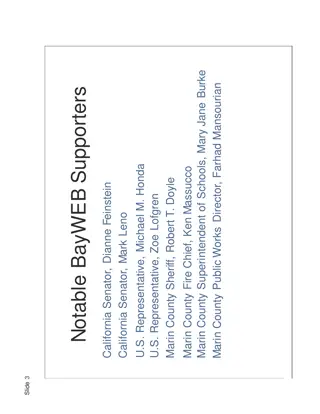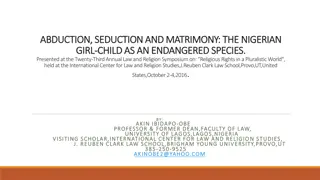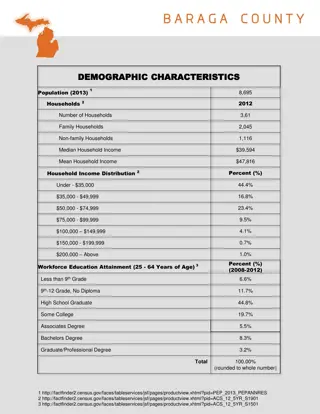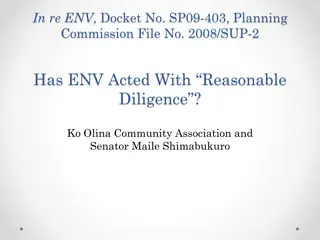
Responsibilities of SAC Academic Senate Division and Adjunct Senators
Learn about the key duties of Division and Adjunct Senators in the SAC Academic Senate, including attending meetings, informing faculty, representing constituents, upholding policies, managing elections, and serving on committees.
Download Presentation

Please find below an Image/Link to download the presentation.
The content on the website is provided AS IS for your information and personal use only. It may not be sold, licensed, or shared on other websites without obtaining consent from the author. If you encounter any issues during the download, it is possible that the publisher has removed the file from their server.
You are allowed to download the files provided on this website for personal or commercial use, subject to the condition that they are used lawfully. All files are the property of their respective owners.
The content on the website is provided AS IS for your information and personal use only. It may not be sold, licensed, or shared on other websites without obtaining consent from the author.
E N D
Presentation Transcript
SENATOR DUTIES OF THE SAC ACADEMIC SENATE
THE PRIMARY RESPONSIBILITIES OF DIVISION AND ADJUNCT SENATORS ARE TO: Regularly attend Academic Senate meetings. Inform division faculty of Senate business in a regular and timely manner. Data shows this is mostly occurring once a month. It is encouraged to do so after each Senate meeting, especially for pressing matters. Determine the will of their constituency and to vote and represent that view to the Senate, its officers, the division Deans, other academic Deans and to appropriate councils and committees. Hold special meetings/communications/surveys to determine your informed vote. Approve faculty appointments to college shared governance committees and other appointed faculty positions. Hold special meetings/communications/surveys to determine your informed vote.
Obtain knowledge of and uphold 10+1 from Title 5 (RSCCD Board Policy 2410) and other pertinent Board Policy administrative regulations. A book and cheatsheet on Robert s Rules have been provided to aid you in this capacity, as will PD training offered during the academic school year and meetings. Inform new faculty within their constituent body (Senate Division or Adjunct Faculty) of the dues structure of the Senate. Represent their division and/or departments during the annual faculty prioritization meeting when serving as Senior Senator. Hold special meetings/communications with department chair(s) to prepare presentation(s) on their behalf. Manage their division and/or department Senate elections when serving as Junior Senator.
Serve, if elected in an even numbered year, as ex-officio members of their division's Department Chair Committee. In the case where an operational division is comprised of more than one Senate Division, all of the Senators within the operational division elected in even-numbered years will serve as ex-officio members of their operational division s Department Chair Committee. E.g., the operational division of Humanities and Social Sciences is comprised of two Senate Divisions: 1. Humanities; 2. Social Sciences. The meetings of the Department Chair Committee will be attended by at least one of the ex-officio members. The attendee(s) may be determined on a rotating basis or any other method mutually agreed upon by the ex-officio members. The faculty co-chair of the Department Chair Committee will be elected by the committee members.
Division Senators elected in odd-numbered years will serve as ex-officio members of their division s Curriculum Committee. In the case where an operational division is comprised of more than one Senate Division, all the Senators within the operational division elected in odd-numbered years will serve as ex-officio members of their operational division s Curriculum Committee. The meetings of the Curriculum Committee will be attended by at least one of the ex-officio members. The attendee(s) may be determined on a rotating basis, or any other method mutually agreed upon by the ex-officio members.
The faculty chair of the Curriculum Committee will be elected by the committee members. The two Senators within each Senate Division may exchange their membership duties between the Department Chair Committee and the Curriculum if the exchange is mutually agreed upon by both Senators. Such an exchange should be made before the beginning of the semester and should be reported to the Historian. Call Division or Adjunct faculty meetings as appropriate during the year to inform and/or poll faculty.






















